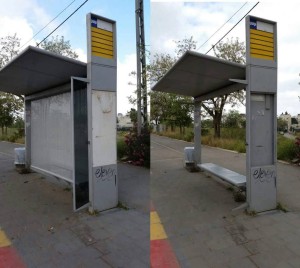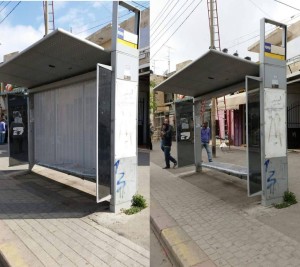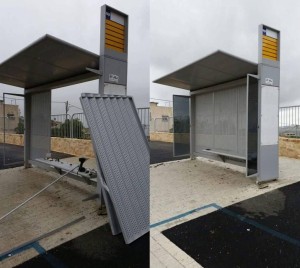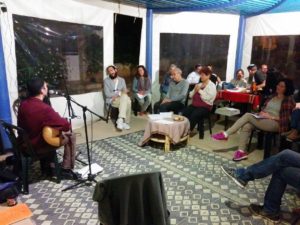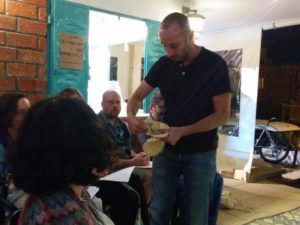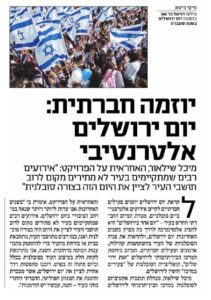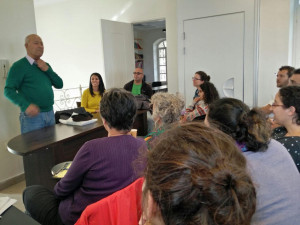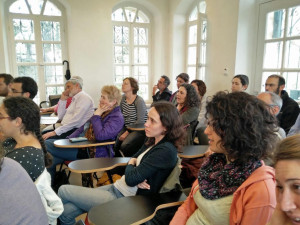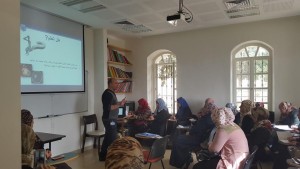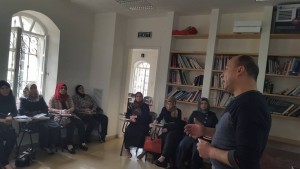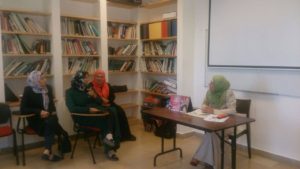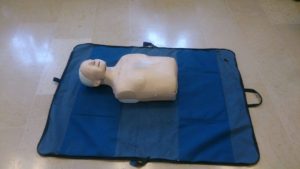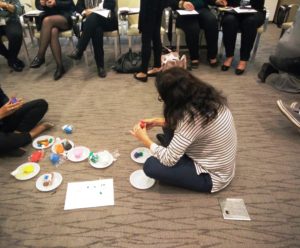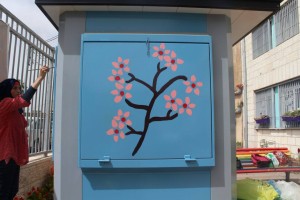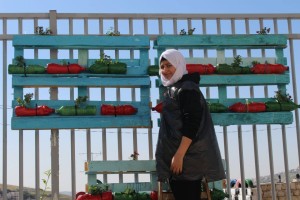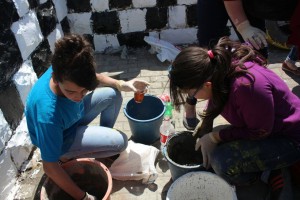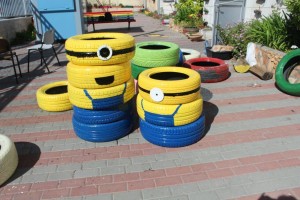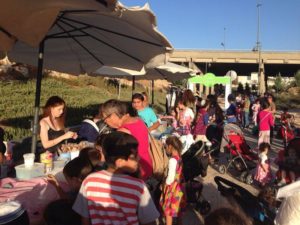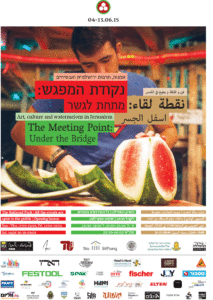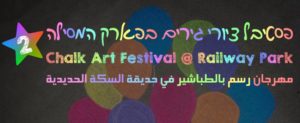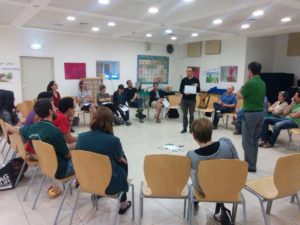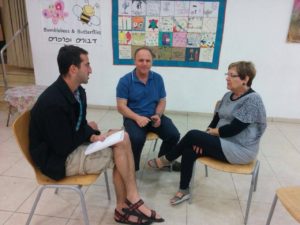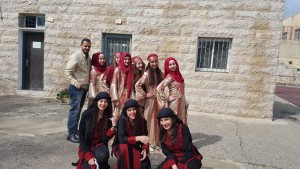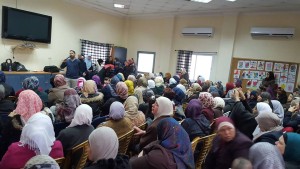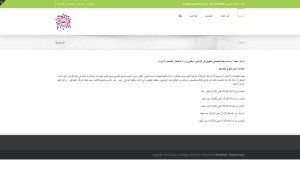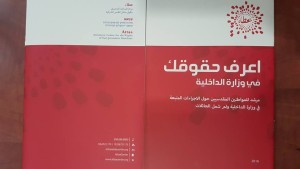MiniActive – Waiting for the Bus in Style Beit Hanina
Yes, in Beit Hanina, you can now wait for the bus in style.
In this neighborhood, as in many Palestinian neighborhoods of East Jerusalem, residents suffered for a long time from poor infrastructure in general, and specifically, from broken bus stops, many of which did not have benches or seats or backs.
As we wrote here, MiniActive was recently in contact with the person in charge of bus stops for the Jerusalem Municipality. This led to all the bus stops in the neighboring Shuafat neighborhood being either replaced or repaired. Here’s the our Facebook post:
This past week, it was Beit Hanina’s turn. The contractor in charge of installing and repairing the bus stops had toured the neighborhood with local MiniActive women, and this week, we finally saw new bus stops.
Congratulations! Next scheduled stop – ????? We’ll keep you posted.

